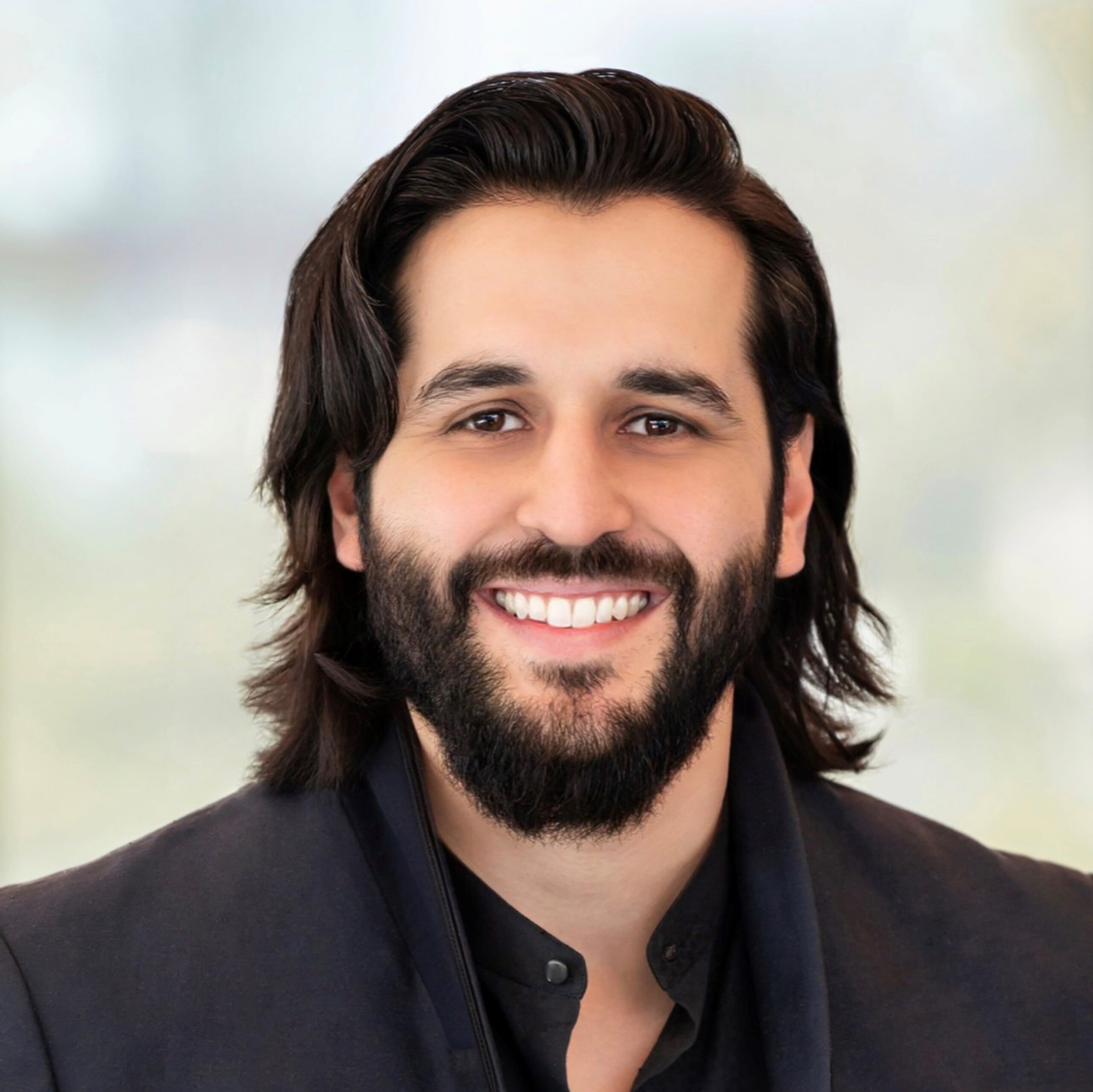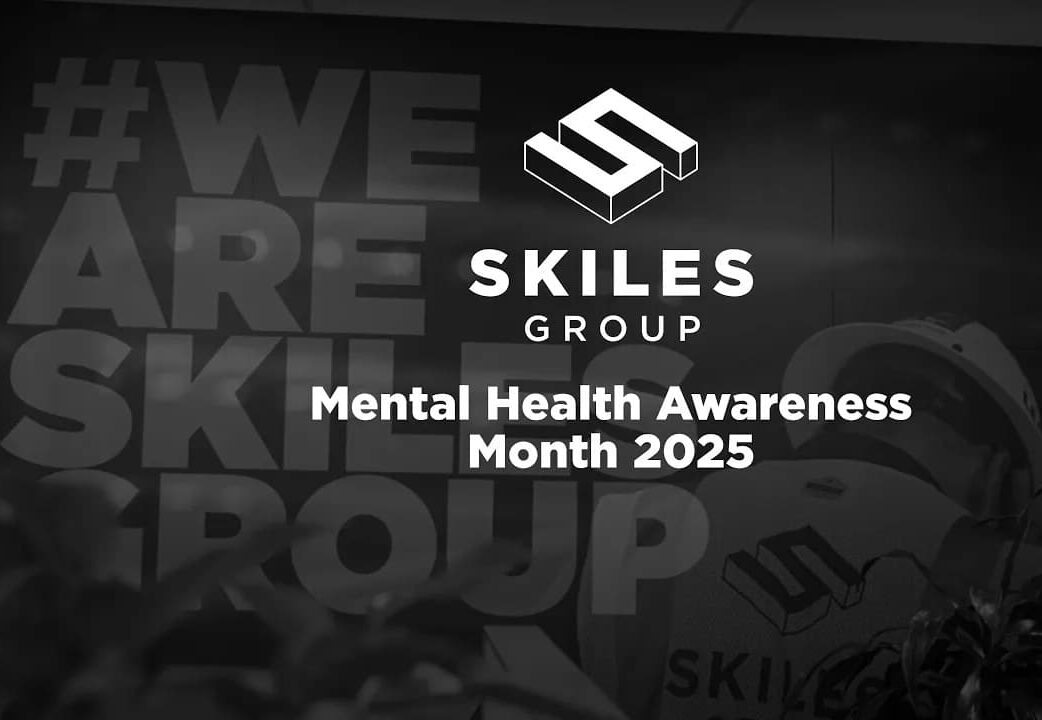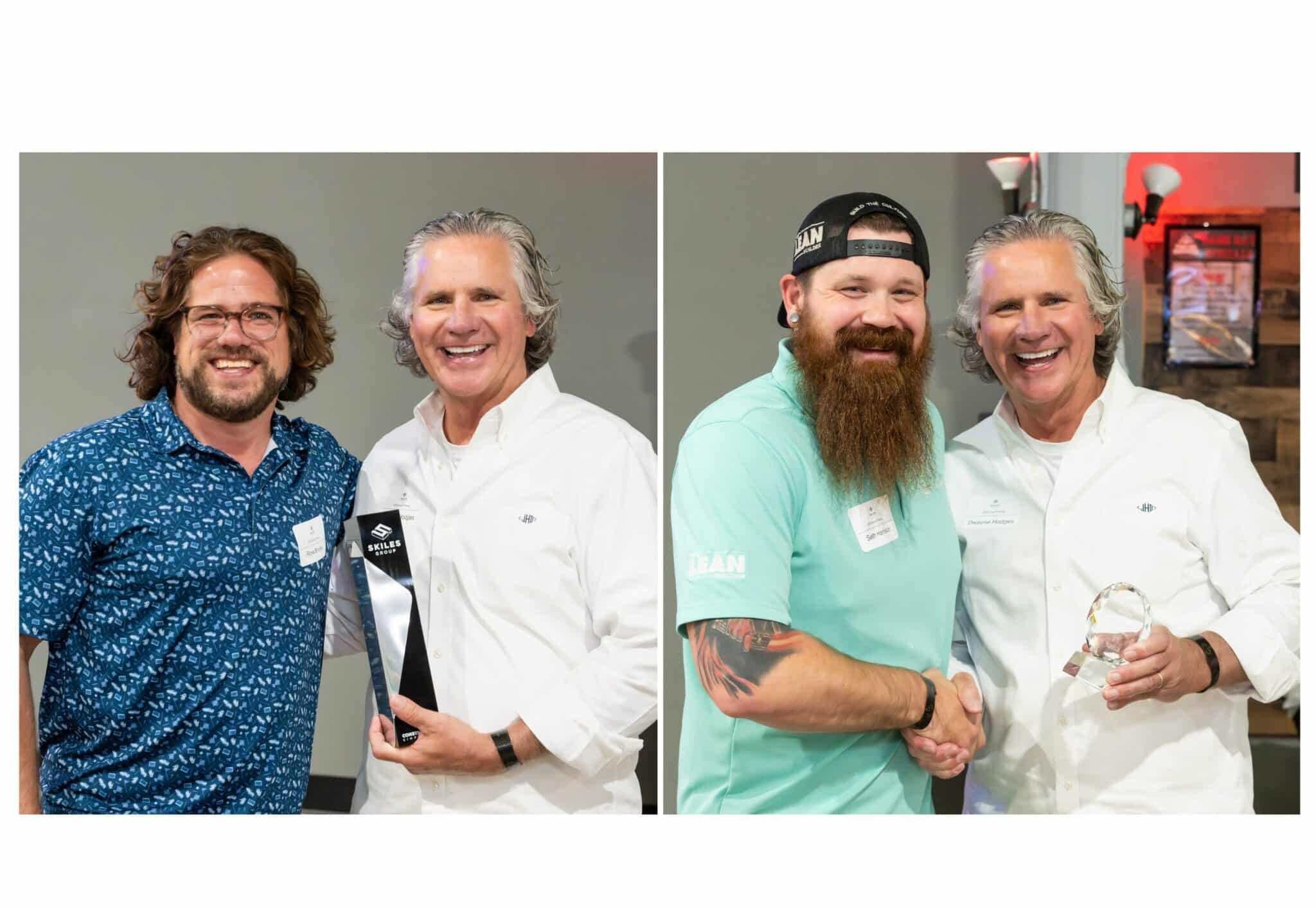Last year, my company, Skiles Group, celebrated its 50th anniversary in business. The construction industry has undoubtedly realized considerable change over this half-century, but important observations and lessons learned don’t require decades to acquire. Part of our golden anniversary celebration included a leadership transition, as I took over the helm as our firm’s CEO.
As I conclude my first year in this role, I’ve reflected on what I feel I’ve learned—or learned more meaningfully—over these past 12 months.
My “WHY” has evolved.
No one reaches the C Suite without real ambition, but what this ambition is related to can change. When you’re young and hungry, your ambition may be myopic, centered around your dreams and desires. When I began my career, I was fueled by a drive to make my ideas become real and effect significant change—really, to have the influence to do these things. But today, I more clearly see an aspiration that I think is essential to authentic leadership: the ambition to serve the people we employ. This job is not as much about having power and “steering the ship” as it is about knowing, supporting, and caring about people who are here every day, doing the firm’s work. I may not have a boss, but I am accountable to everyone in the firm. They aren’t here because they need a place to work; they trust our company’s leadership with their careers and their family’s security. That’s a huge responsibility. I don’t know that you can fully realize the weight of it until it belongs to you, and you have to want it to carry it effectively.
CEOs need a support system, too.
Construction projects are routinely complex and intense, so frustration, anger, and worry are all typically experienced in our regular work lives. I frequently encourage people on my team to “VENT UP” —meaning to always share irritations and concerns up the chain, never down. You have to take those thoughts and feelings to people who can help you find solutions, never to people with less authority or power than you do. This is key to a healthy company; venting down destroys a firm’s culture. But when you’re the CEO, where do you go? We must have a support system: a peer network, a professional coach, and trusted friends; people who can help us verbalize and process what we’re up against or going through. Otherwise, you internalize everything, and that’s not healthy—for you or anyone you’re living or working with.
You need to hear the truth – and you’ll probably have to work for it.
I recently heard a story about a CEO who was so admired and respected by their staff that no one was willing to push back or be honest about the project workload and results their leader expected, which the team secretly felt were unachievable. It takes courage to tell the truth to the person at the top, so I make a point of regularly asking for questions and objective feedback. I also make it easy for people to give it to me in person and through anonymous channels. Finally, I ensure I’m using some of what I receive so people see the value of speaking up. On the flip side, it also takes courage to hear the truth. Be careful not to surround yourself with people who will only tell you what you want to hear, won’t challenge you when you need it, or can’t be honest with you when it’s difficult.
Go slow to go fast.
You rise to the top, at least in part, because you make good decisions quickly. As you climb the ladder, the scarcity of time and increasing work pressures can tempt you to barrel ahead at an even quicker pace. I now appreciate more fully the value of slowing down and making sure everyone has time to get in the boat with me. Decisions are easier for people to accept when they understand the why behind them. New directions are more eagerly embarked upon when they’ve had the opportunity to contribute their ideas or feedback. Seeing the benefit of taking the time to have these conversations has changed how I make decisions for the firm—and sometimes changes the decisions I make. (That includes not deciding, sometimes, and letting others have the space to do it without me.)
Don’t take yourself too seriously.
It’s enlightening to see how people treat you when they don’t know who you are, and that’s one reason why I don’t want my title to enter the room ahead of me. I also don’t want my title to change who I am. I embrace the concept of servant leadership and feel it’s important to be relatable to people I work with, to let them see me as a human first, CEO second. This builds trust and nurtures authentic relationships, bringing us right back to where we started: it’s about the team. What’s best for the team is what’s best for the company, and that’s how I try to set my priorities.
This article was written for D Magazine; you can read it here:




